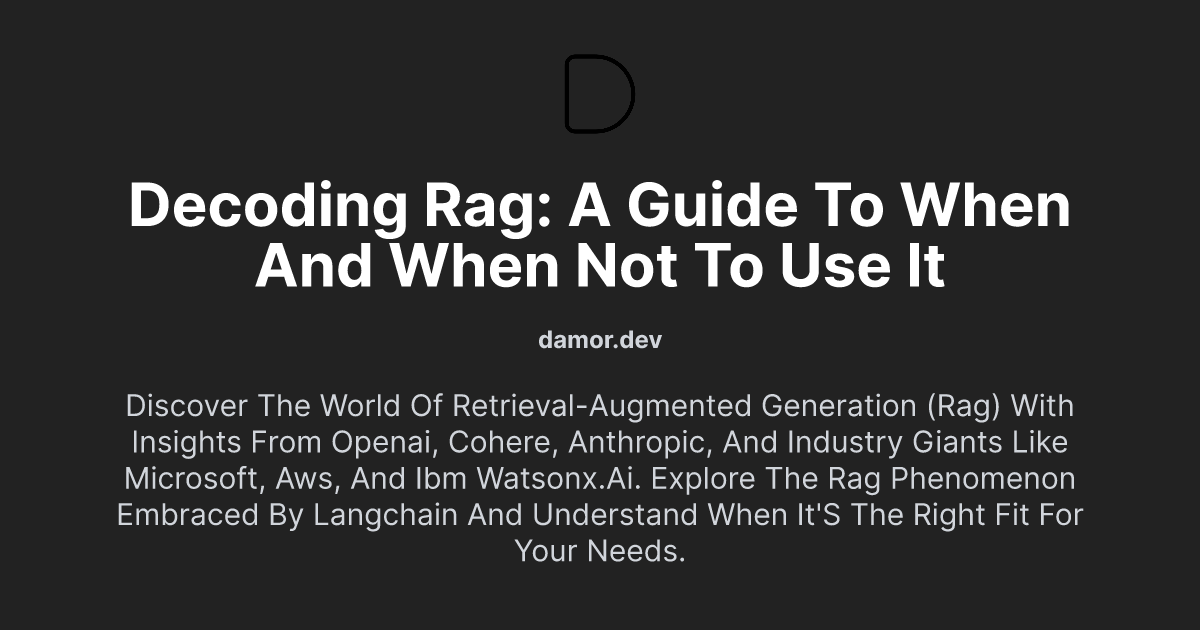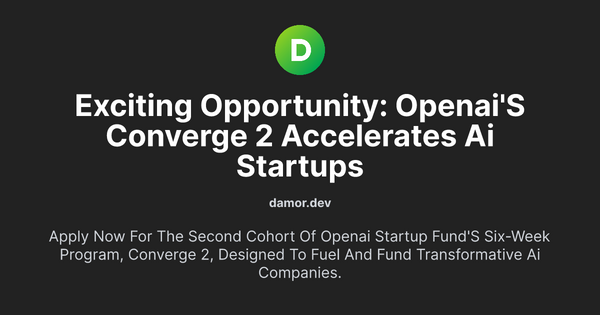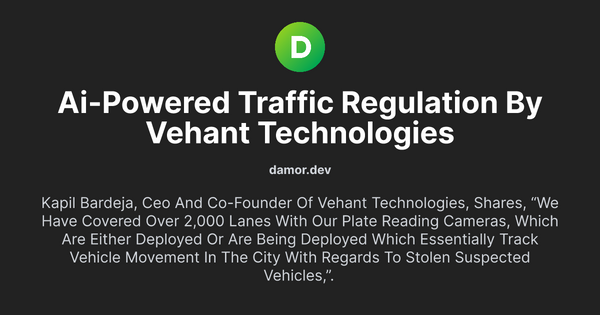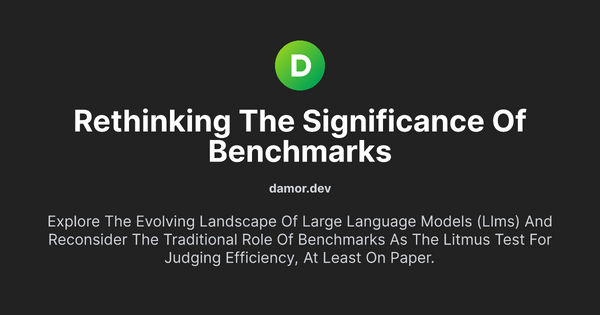Decoding RAG: A Guide to When and When Not to Use It

Understanding RAG: A Breakdown for Everyone
RAG, or Retrieval-Augmented Generation, is making waves in the tech world, embraced by giants like OpenAI, Cohere, Anthropic, Microsoft, AWS, IBM Watsonx.ai, and even LangChain. But what's the hype about, and why is it gaining popularity so fast?
The Game-Changing RAG
RAG emerged in 2020, introduced by Meta AI to enhance Large Language Models (LLMs). LLMs, like GPT-4 Turbo, excel at generating text but struggle with logical reasoning, often leading to hallucinations. RAG fixes this by allowing LLMs to incorporate additional data sets, providing fresh information for more accurate insights.
The Privacy Concern
While OpenAI has made strides with GPT-4 Turbo and the Retrieval API, there are privacy concerns. Users discovered a potential security issue – one could download original knowledge files from someone else's GPTs using RAG. This raises questions about data privacy and the need for immediate fixes.
Security Challenges Across Platforms
Google Bard faced a similar prompt injection problem, indicating that security flaws are not unique to one platform. Users on Reddit are debating whether LangChain's RAG offering might be a more secure alternative to OpenAI's GPT Builder, which currently has a 20-file limit.
Dynamic Knowledge Control
RAG provides dynamic knowledge control, allowing users to tweak and expand internal knowledge without retraining the entire model. Open source companies like LangChain leverage RAG by integrating it with vector databases like Pinecone, offering flexibility and efficiency.
Leveraging External Data and Ensuring Domain-Specific Knowledge
RAG enables LLMs to fetch answers from the internet, ensuring access to current and reliable information. Cohere and Anthropic allow enterprises to provide their own data through Oracle Cloud, tailoring insights to the company's needs.
The OpenAI Dilemma
OpenAI's Retrieval API announcement is met with skepticism. While the price has decreased, alternatives, including open source solutions, make OpenAI's closed-door approach seem less scalable. The introduction of Long-Context RAG with an increased number of tokens aims to reduce dependence on internet connection.
Advantages of RAG
RAG stands out for its unique blend of benefits, including dynamic knowledge control, access to current information, transparent source verification, effective information leakage mitigation, domain-specific expertise, and low maintenance costs.
In conclusion, RAG is a powerful tool with great potential, but users must weigh the advantages against privacy concerns and security challenges. Choose wisely based on your specific needs and considerations.


![[Solved] ZlibError:zlib:
unexpected end of file - payload](/content/images/size/w600/2024/02/Screenshot-2024-02-18-143905.png)


